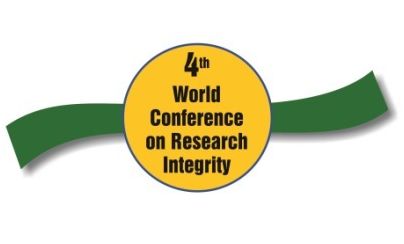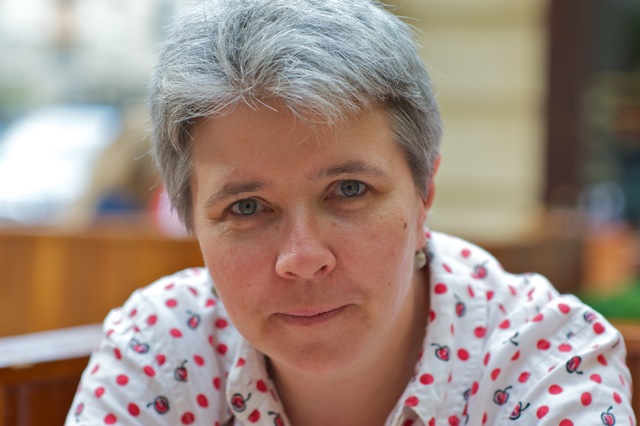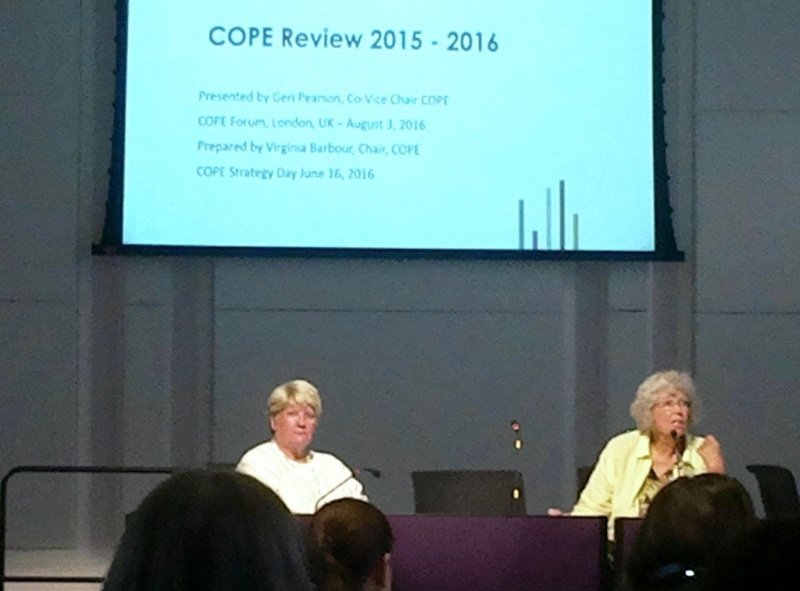 COPE in the news
COPE in the news
See COPE Secretary, Charon Pierson's article on “Avoiding ethics pitfalls in publishing: a perspective from COPE”
Avoiding ethics pitfalls
Brexit: implications for European research and international collaborations
Six leading scientists give perspectives on UK science after Brexit
Loss of overseas researchers and students, and Horizon 2020 funding in the UK
UK research post-Brexit
 Academics feel blight of Brexit—from cancer research to peat projects
Academics feel blight of Brexit—from cancer research to peat projects
Academics tell us how the EU referendum has already damaged or delayed their work
Research projects on hold
 UK research head urges UK to seize Brexit opportunity
UK research head urges UK to seize Brexit opportunity
Newly created UK Research and Innovation (UKRI) body
Positive outcome for research
Other news
 Impact factors
Impact factors
A simple proposal for the publication of journal citation distributions
Identifying quality of papers
Impact is not just a “factor”: seeing the different facets of research resonance
Visibility before citations
Early indication of resonance
Where you publish, not what, "decides historians’ fate"
Dundee academics face redundancy at end of assessment process as university is looking to save £250,000 from the budget of its School of Humanities as part of a £5 million cost cutting drive, and several members of the history department have been told that they are at risk of redundancy
Where not what you publish
 Pressure to publish and why
Pressure to publish and why
Inadequate training of researchers, the pressures and incentives to publish in certain outlets, and the demands and expectations of journal editors and reviewers
Influences on research integrity
Research fraud: the temptation to lie and the challenges of regulation
Good summary of recent cases of research misconduct
Temptation to fabricate data
 When is research not research?
When is research not research?
Quality assurance or improvement: a perennial headache for editors to ensure that it is not avoidance of ethics review for bureaucratic reasons
Avoiding ethics review
We need to talk about the bad science being funded
The issue of false positive findings
Good science loses out
 Why drug trials need to respect vulnerability
Why drug trials need to respect vulnerability
India’s experience shows a wider notion of vulnerability is needed to protect human rights
Protecting vulnerability across borders
 Proceedings of the 4th World Conference on Research Integrity
Proceedings of the 4th World Conference on Research Integrity
From Brazil, Rio de Janeiro. 31 May-3 June 2015
WCRI 2015 Proceedings
 Chinese regulators take aim at academic misconduct
Chinese regulators take aim at academic misconduct
Six types of academic misconduct identified, including plagiarism, fraud, falsification, inappropriate authorship, providing false information and dealing in papers
Chinese action against misconduct


 Academics feel blight of Brexit—from cancer research to peat projects
Academics feel blight of Brexit—from cancer research to peat projects UK research head urges UK to seize Brexit opportunity
UK research head urges UK to seize Brexit opportunity Impact factors
Impact factors Pressure to publish and why
Pressure to publish and why When is research not research?
When is research not research? Why drug trials need to respect vulnerability
Why drug trials need to respect vulnerability Proceedings of the 4th World Conference on Research Integrity
Proceedings of the 4th World Conference on Research Integrity Chinese regulators take aim at academic misconduct
Chinese regulators take aim at academic misconduct